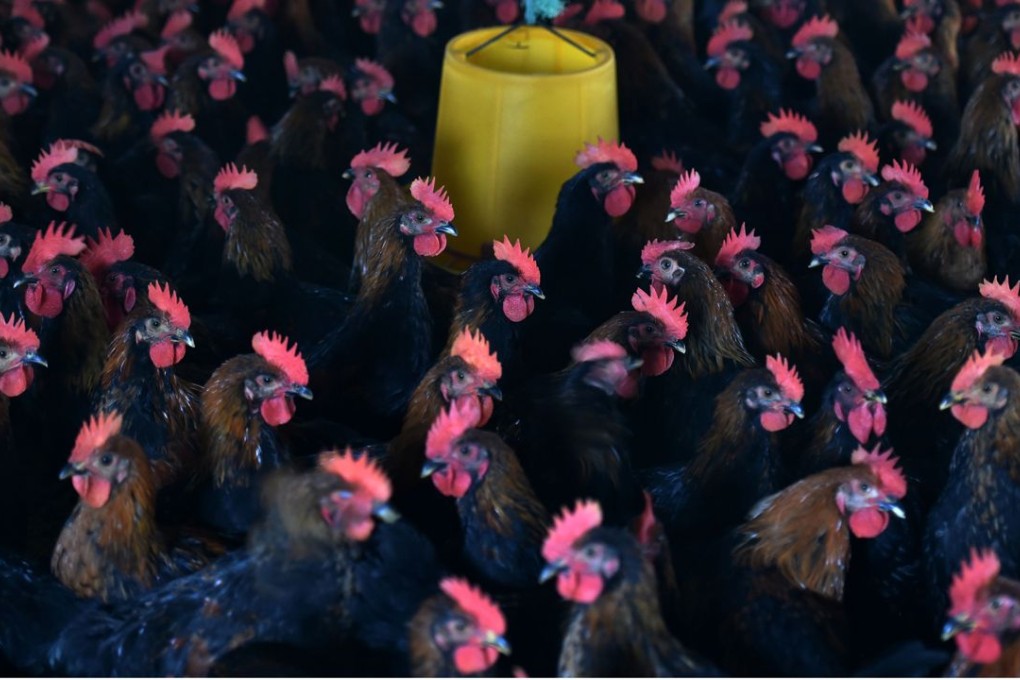Hong Kong should beef up vigilance and laws to combat excessive use of antibiotics on animals destined for dinner tables
All credit to the Consumer Council for taking the lead on this crucial health issue but a close eye must be kept on self-regulation by food supply chains

The use of antibiotics in livestock and poultry has long been an issue of concern for public health administrators around the world. The drugs, though they help prevent the transmission of diseases and make our food safer for consumption, are also abused by some farmers to speed up animal growth. The result is that bacteria become more drug resistant and pose serious health hazards when they enter the human food chain.
The concerns are also shared in Hong Kong. Currently, the use of certain antibiotics in meat is controlled by various legislations. But since most of our food comes from places with different laws and regulations, safety and compliance cannot be taken for granted.
Credit goes to the Consumer Council for taking up the issue. In a joint campaign with their overseas counterparts, the watchdog is urging nine leading restaurant groups to stop sourcing meat from animals that are routinely given antibiotics used in human medicine. Those which have yet to stop have been asked to give a timetable to phase them out.
The council is right to approach the major food supply chains. Their dominance in the market puts them in a strong position to instil changes in the industry. If they can take the lead to snub animals fattened with supplements, the chances for the meat to enter the local market will be reduced. There is a good chance that farmers will be forced to stop using antibiotics on animals when the campaign gains greater global support.
But voluntary action alone may not be enough. Unless the government can complement the consumer watchdog’s efforts by tightening the laws, there is little incentive for food suppliers to source antibiotics-free meat for human consumption. The government should draw reference from the World Health Organisation’s standards and start exploring the feasibility of amendments to legislation so that food suppliers can have a better idea of what is expected of them. Should self-regulation prove futile, officials should not rule out tightening food safety laws.